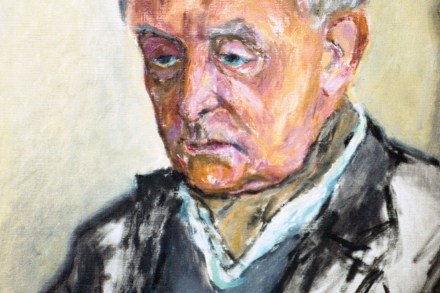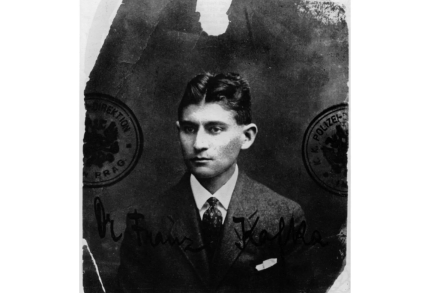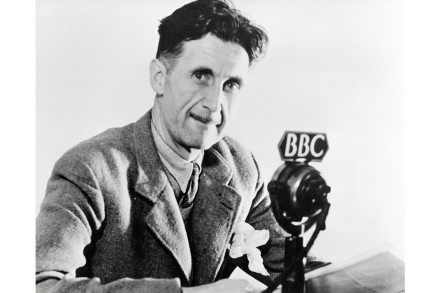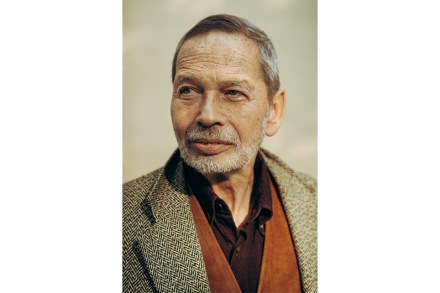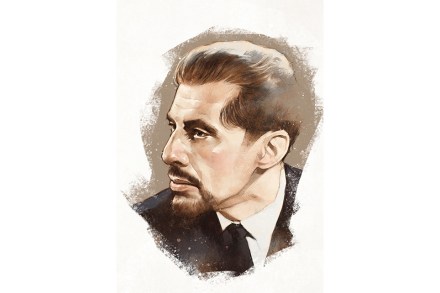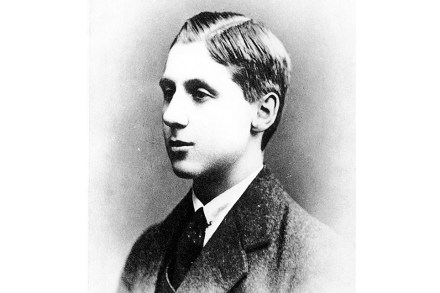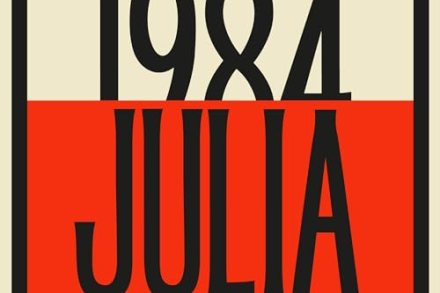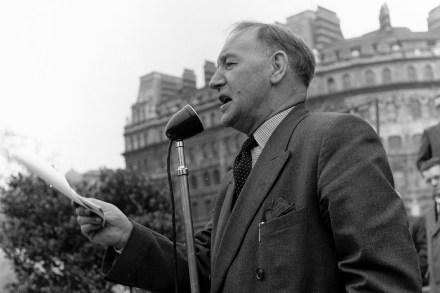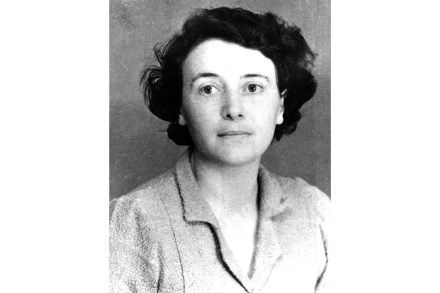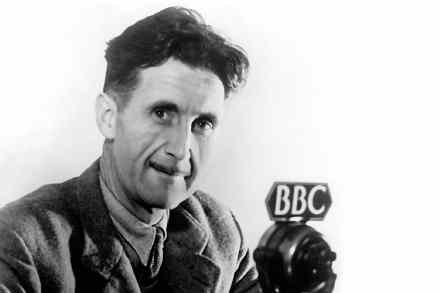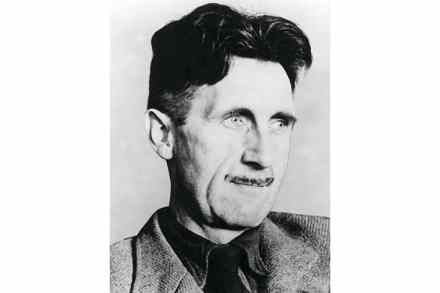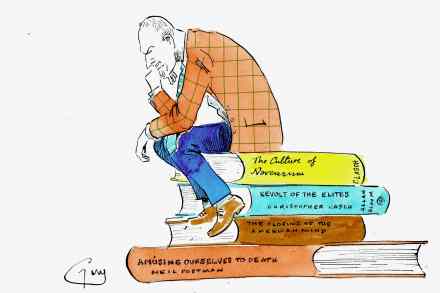Ukraine’s Foreign Legion was doomed from the start
It seems that people would rather fight for a death cult than a democracy. At most, 15,000 foreigners have fought in Ukraine over the past three years. By contrast, an estimated 35,000 foreign fighters joined Islamic State, despite the risk of prosecution when they returned home. Why have so few westerners joined up, given that Ukraine’s Polish border is just a £50 Ryanair flight away? The answer is that despite having a master showman like Volodymyr Zelensky as its recruiting sergeant, Ukraine’s International Legion was a disorganised shambles from the start. Zelensky announced the Legion’s creation just three days into the invasion. ‘This is the beginning of a war against






